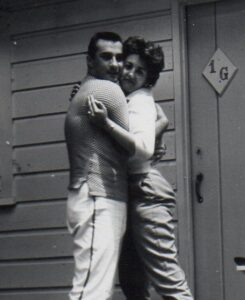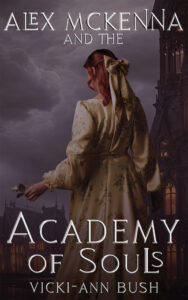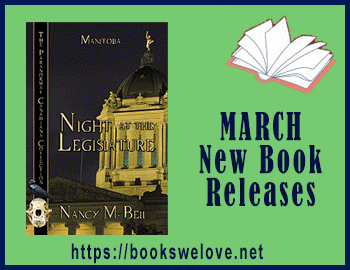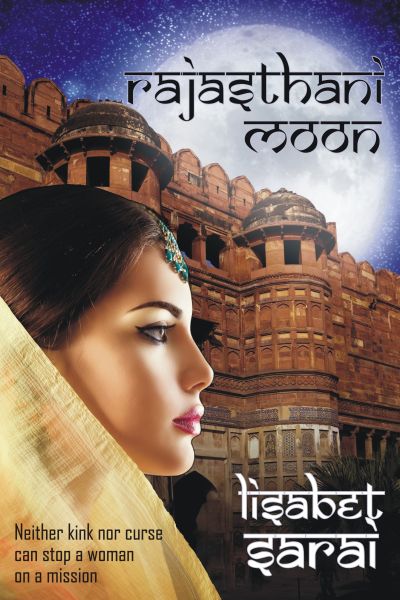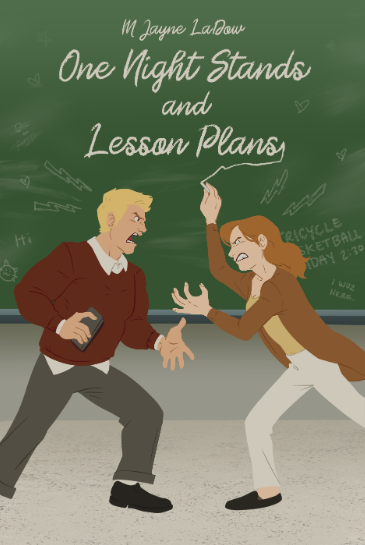
This post is part of Long and Short Reviews’ Winter Blogfest. Leave a comment for a chance to win an ebook copy of Unrequited Love (claim before January 1st) .
Allergy and Food Intolerance-Friendly Chex Mix by E.L. Roux
This is your friendly low fantasy romance author E.L. Roux, here to talk about all things festive, and by all things, I really mean food. I have food intolerances (not allergies fortunately), but it means I have a hard time digesting fun things like wheat, dairy, soy, and plants in the Allioideae family including onions, shallots, and garlic. Sadly things like Lactaid don’t work for me, but I was able to find a powder that enabled be to digest onions and garlic (Fodzyme has been a lifesaver to my tastebud delight).
All of this is to say I love food, mainly because I have to make a lot of my food, and I try to include that love in my work. This time of year, I make a mean Chex Mix, a homemade peppermint bark, fudge, pumpkin pie, and cookies, so many cookies.
What I’ve found if you’re cooking for yourself, or a family member or friend, is that you need to read labels constantly, even for items you’ve used in the past. Don’t assume that because it’s labeled on the front as something that there isn’t a weird ingredient in it that could trigger a response. Non-stick sprays tend to almost always have soy in them. I’ve come across soy in spaghetti sauce instead of olive oil, and milk hides in things as a thickener. Vegetable oil usually contains soy, and margarine isn’t always dairy free.
All those hard things to remove aside, here’s the Spicey Check Mix I make several times around the holiday season:
1/4 cup corn oil
Set oven to 250°F.
Cool down before storing in an airtight container to keep it crisp
I hope you enjoy this spicy mix as much as I do!
E.L. Roux
I’ve been in a rut since my boyfriend dumped me, and now he’s in my coffee shop every day with his new fiancé. When grouchy Cane makes my body hum again, I know I’m ready to move on. With his curled horns and awkward smile, I’m braced for Cane to ask me out, except he doesn’t.
Cane wants to make a deal. I’d help to foresee into my ex’s love life, something I don’t want to do, and I’m guaranteed a sexy night of skin-on-skin contact wrapped in Cane’s warm muscled arms, an experience I might have been hoping for.
What’s the harm in partaking of the pleasures the spell requires? The thing is, love spells require one thing, and it’s something I’m not sure I can give…
E.L. Roux is a Science Fiction and Fantasy Romance author who writes about finding love in all the wrong places. E.L. uses their knowledge on everything from prosthetics to the sport of fencing, to weave together complex romances you can’t put down.
E.L. Roux lives in Washington State with their artistically inclined family, an indoor street cat, and a terror of a Bosten Terrier.
To find out more about this author, or to stay in touch, visit www.linktr.ee/elroux
BIO
Website | Facebook | Instagram
Buy the book at Books2Read.






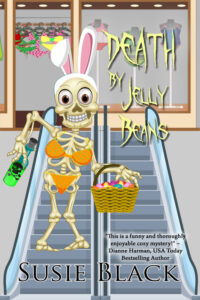


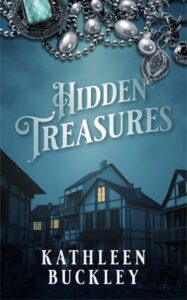

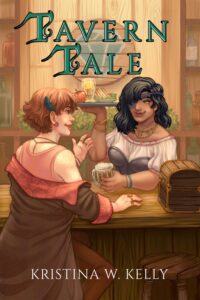 “What if the side quest is really the main quest?
“What if the side quest is really the main quest?